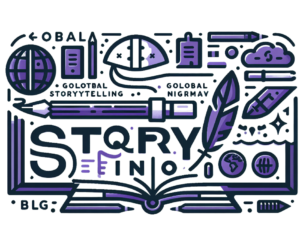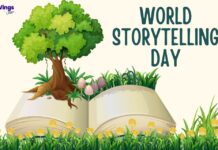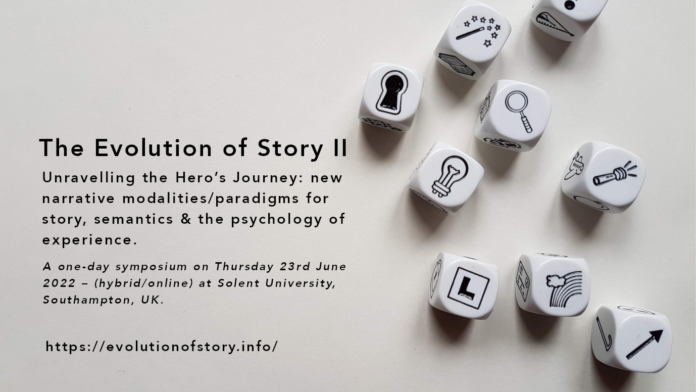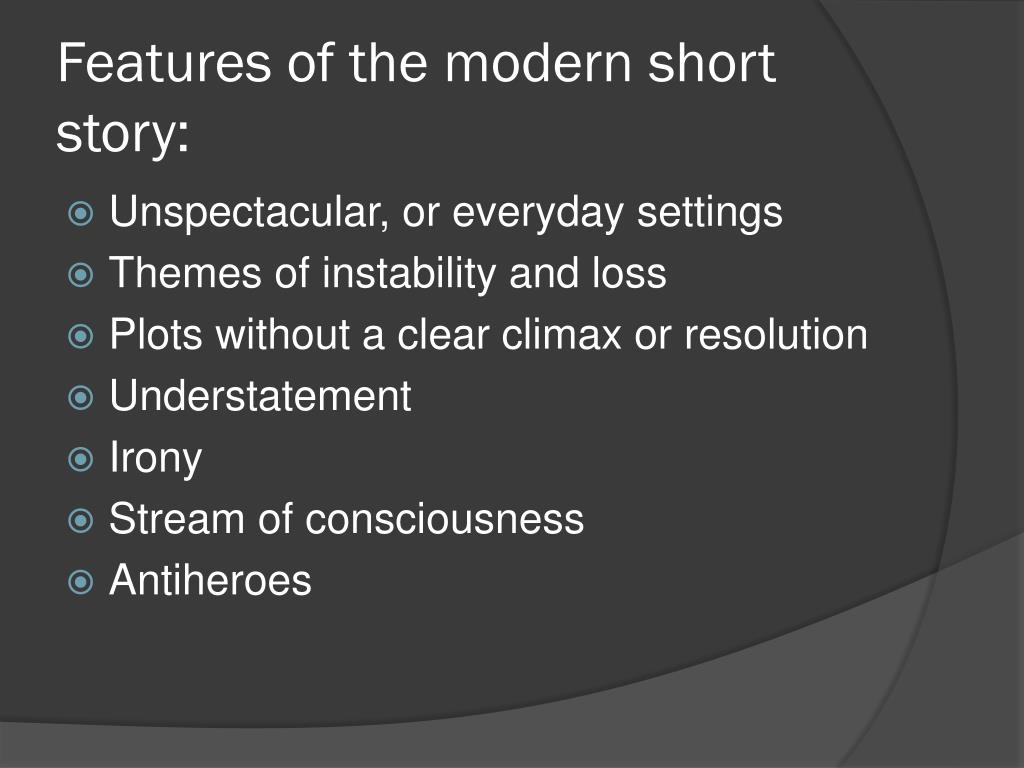
The realm of literature is ever-evolving, and the short story genre is no exception. As we navigate through 2024, the modern short story is undergoing significant transformations, influenced by technological advancements, changing reader preferences, and new storytelling techniques. This article explores the latest trends and innovations shaping short stories today, offering a glimpse into the future of this dynamic literary form.
1. Digital Narratives and Interactive Elements
One of the most notable trends in 2024 is the integration of digital narratives and interactive elements into short stories. With the rise of digital platforms and e-readers, authors are experimenting with multimedia elements such as hyperlinks, embedded audio, and interactive graphics. These innovations not only enhance the storytelling experience but also engage readers in a more immersive way.
For example, some short stories now include clickable links that lead to additional content or alternative storylines, allowing readers to explore different narrative paths. This interactive approach transforms the traditional reading experience into a more engaging and participatory one.
2. Diverse Voices and Global Perspectives
The diversity of voices in modern short stories has expanded significantly in recent years, and 2024 is no different. Contemporary authors are increasingly drawing from a wide range of cultural, social, and personal backgrounds, resulting in a richer and more varied literary landscape.
Stories that explore themes of identity, migration, and cultural intersection are gaining prominence. This shift towards inclusivity not only reflects global diversity but also provides readers with fresh perspectives and narratives that were previously underrepresented.
3. Short Story Collections and Thematic Anthologies
Short story collections and thematic anthologies are becoming increasingly popular in 2024. These collections often revolve around a central theme or concept, bringing together multiple stories that explore the theme from different angles. This format allows readers to experience a cohesive narrative universe while enjoying the distinct voices of various authors.
Thematic anthologies, such as those focusing on environmental issues, technological advancements, or social justice, are particularly relevant in today’s context. They offer a platform for writers to address pressing issues and provoke thought and discussion among readers.
4. Innovative Storytelling Formats
In 2024, authors are pushing the boundaries of traditional storytelling formats. One innovative approach is the use of fragmented narratives, where the story is presented in non-linear sequences or through disjointed perspectives. This technique challenges readers to piece together the narrative, creating a more engaging and thought-provoking experience.
Another emerging format is the use of experimental language and structure. Some authors are playing with unconventional syntax, narrative voice, and genre-blending to create unique and memorable short stories. This experimentation reflects the evolving nature of literature and the desire to break free from conventional storytelling norms.
5. The Influence of AI and Machine Learning
Artificial Intelligence (AI) and machine learning are starting to influence the world of short stories in intriguing ways. AI-generated stories and collaborative writing between humans and machines are becoming more prevalent. These technologies can analyze vast amounts of data to generate narrative ideas, suggest plot twists, and even create entire stories.
While AI-generated content is still in its early stages, it has the potential to revolutionize the writing process and offer new possibilities for storytelling. Authors and readers alike are beginning to explore the creative potential of AI, leading to exciting innovations in the short story genre.
6. Emphasis on Sustainability and Eco-conscious Themes
In response to growing environmental concerns, many contemporary short stories are incorporating themes of sustainability and eco-consciousness. Authors are using their narratives to address environmental issues, climate change, and the impact of human activities on the planet.
This trend reflects a broader cultural shift towards environmental awareness and responsibility. Short stories that tackle these themes not only provide valuable insights but also inspire readers to consider their own role in creating a more sustainable future.
7. Personalized Reading Experiences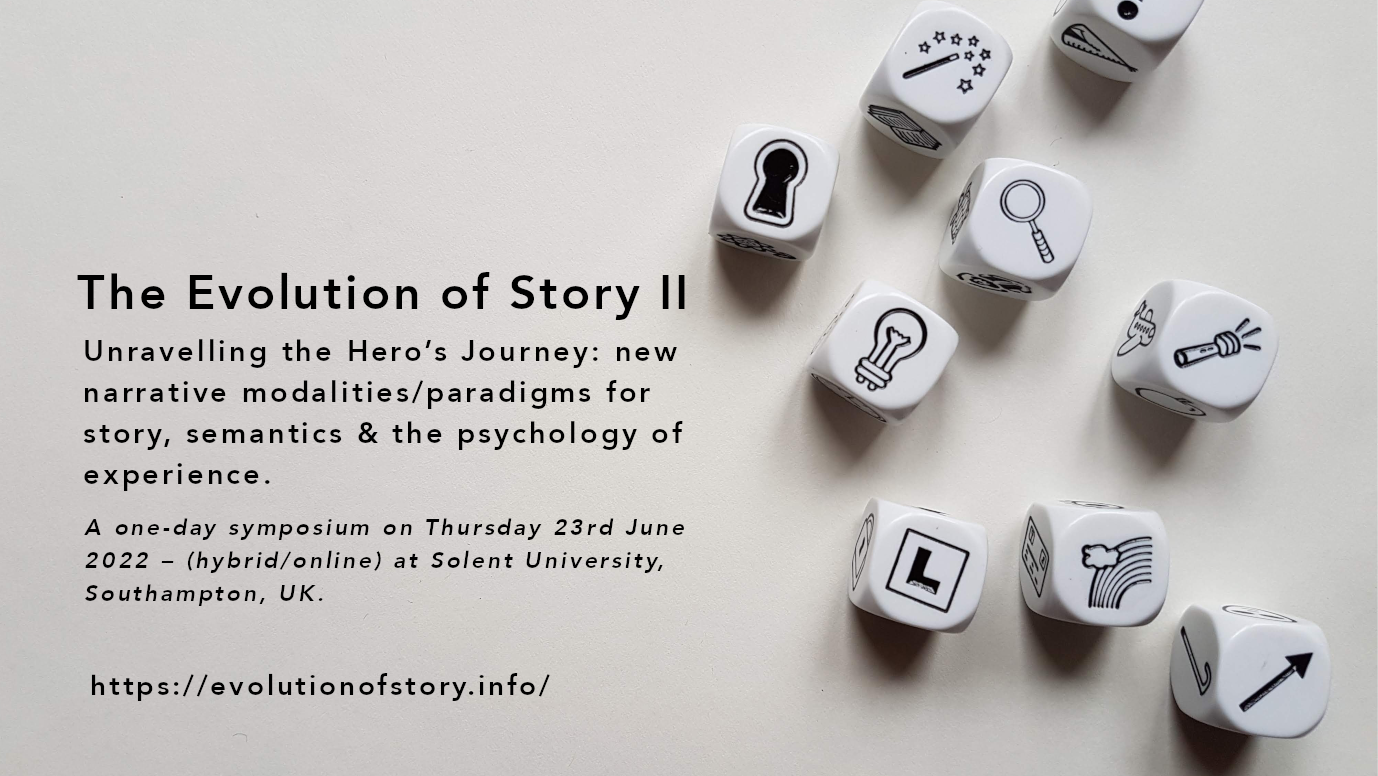
Advancements in technology are enabling more personalized reading experiences. Platforms that use algorithms to recommend stories based on readers’ preferences and reading history are becoming increasingly sophisticated. These personalized recommendations help readers discover new short stories that align with their interests and reading habits.
Additionally, some authors are experimenting with personalized storytelling, where the narrative is tailored to the reader’s choices and preferences. This approach offers a customized reading experience, enhancing reader engagement and satisfaction.
Conclusion
The short story genre is experiencing a vibrant and exciting evolution in 2024. From digital narratives and interactive elements to diverse voices and innovative storytelling formats, modern short stories are reflecting the dynamic nature of contemporary literature. As technology, cultural perspectives, and creative experimentation continue to shape the genre, readers can look forward to a rich array of compelling and thought-provoking short stories in the years to come.

